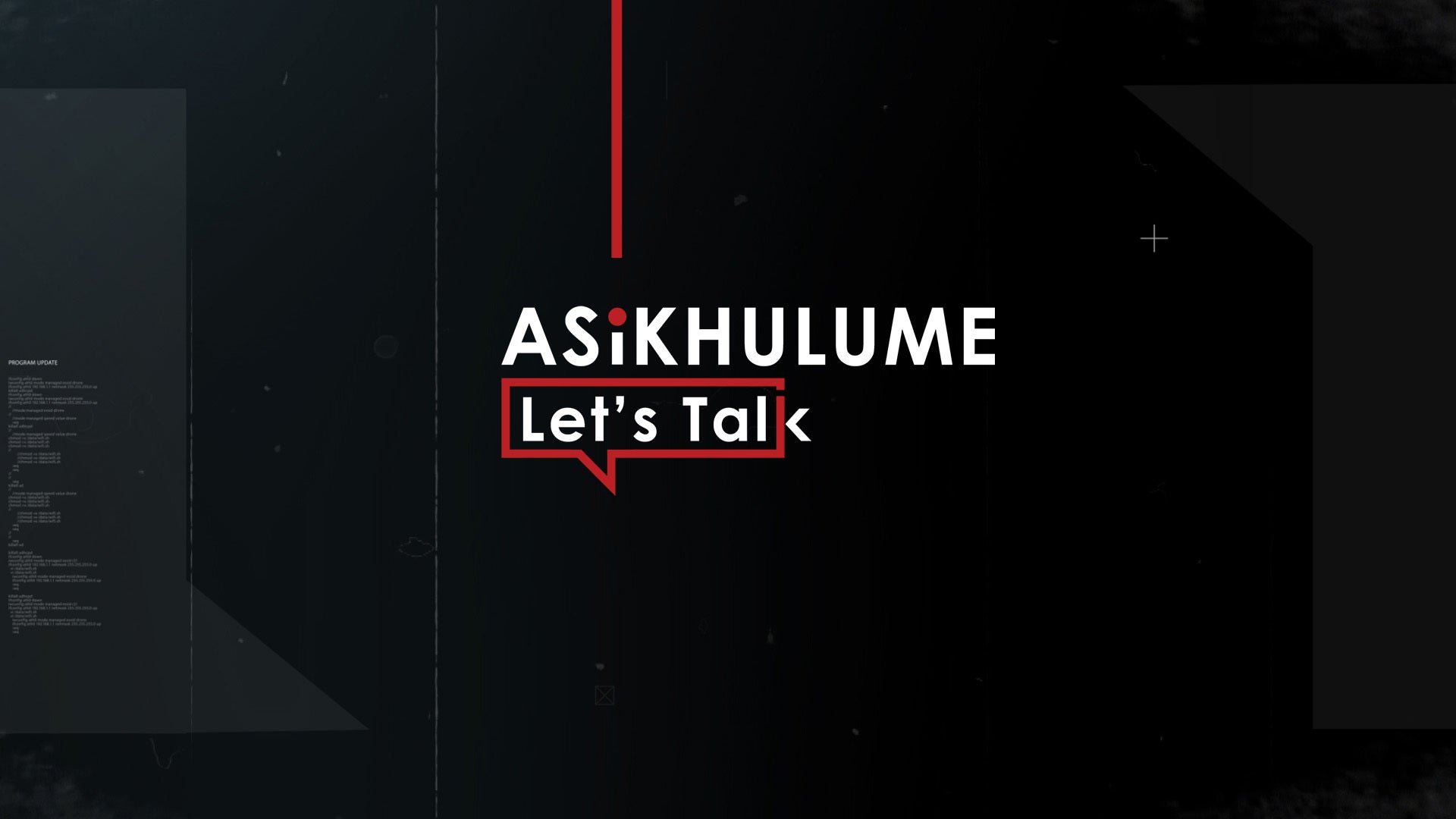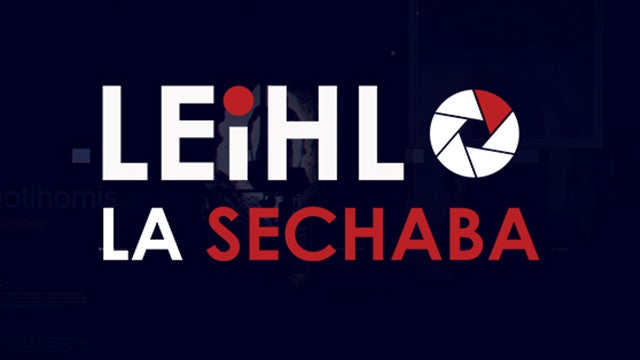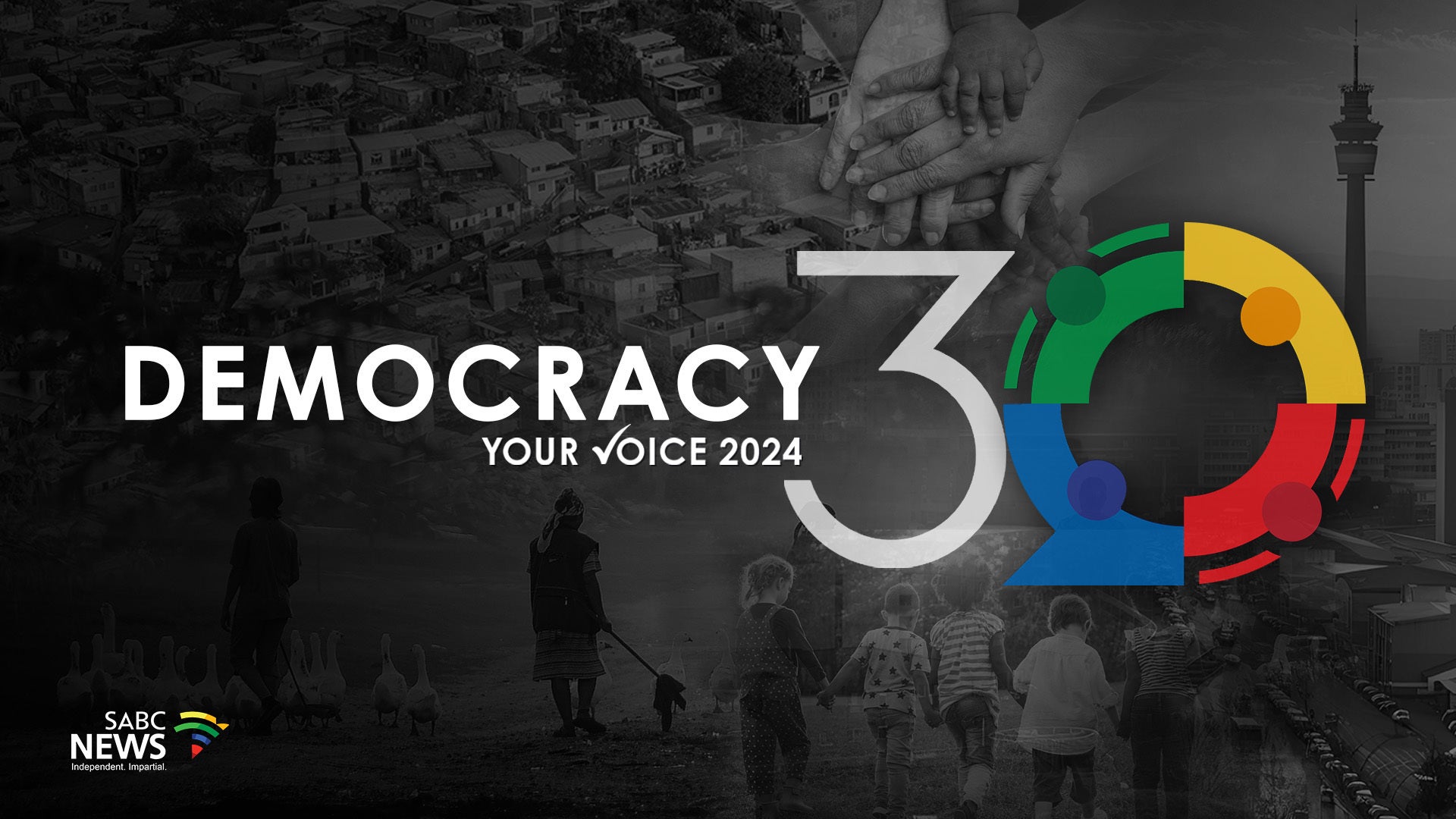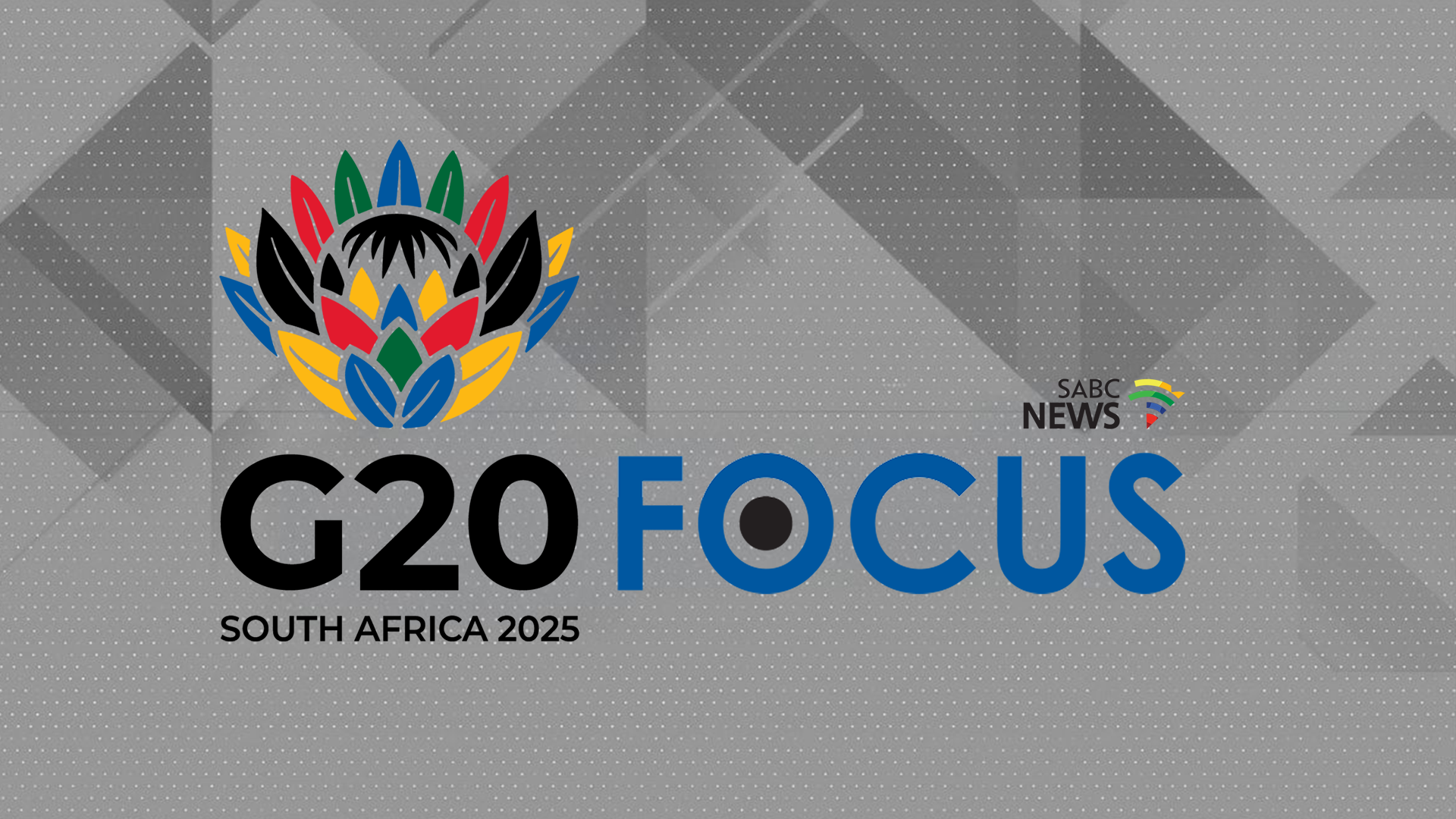
The President of the Republic of South Africa will deliver the State of the Nation Address to a joint sitting of the National Assembly and the National Council of Provinces on Thursday‚ 12 February 2026. The State of the Nation Address sets out government’s key policy objectives and deliverables for the year ahead‚ highlights achievements‚ flags challenges and unlock development interventions for the coming fiscal year. The State of the Nation Address marks the official start of the Parliamentary programme. As following the President’s coming SONA address, the question we are asking you today is: Will SONA 2026 give clear indication of how government is going to tackle challenges faced by young people?

After completing matric or Grade 12, young people have multiple pathways, not only university. These options vary by academic performance, financial situation, interests, and career goals. Good news is there are options after matric, skills-Based Paths which are very Important right now. One does not necessarily need a university degree to succeed. Trades & Technical Skills are in demand and often lead to self-employment: TVET Sector Overview: Size & Distribution South Africa has 50 public TVET colleges spread across all nine provinces. Technical and Vocational Education and Training (TVET) colleges are public post-school institutions in South Africa that focus on skills-based, practical training designed to prepare learners for specific trades, occupations, or vocations. They are government-supported and part of the Department of Higher Education and Training DHET Western Cape Government. The core aim of TVET colleges is to bridge the gap between secondary schooling and the workplace either by getting students ready for employment, further technical study, or self-employment/business ownership especially with the high rate of unemployed youth in South Africa.

"Post-matric" refers to educational options available after completing the National Senior Certificate (NSC) or matric exams, such as TVET colleges, universities, and skills development programs. "Bogus colleges" are unregistered institutions that exploit students by offering unaccredited, worthless qualifications, often during the post-matric application period. As thousands of school leavers prepare to begin their post-Matric studies, the Department of Higher Education and Training is warning learners to be on high alert for 'bogus' colleges.The Department said these unregistered institutions often target Matrics during results season, luring them with promises of quick qualifications that are not recognised

Final Matric exams for the Class of 2025 concluded on 27 November 2025. Department of Basic Education After exams end, marking and quality assurance processes take place through December and early January. Umalusi (the quality-assurance body) oversees these to ensure integrity and credibility before results are released. Individual results become available to candidates, these may be accessed at school or exam centre where the learner wrote their exams or online via the Department of Basic Education results portal. Some results may not immediately reflect online due to technical issues, but schools and district offices can help resolve these issues. Candidates can view results online on the Department of Basic Education’s official results site starting early morning on 13 January 2026 Most learners collect their Statement of Results at their school or the exam centre where they wrote. This official document lists subject marks and final qualification status.

With 2026 now in full swing, we ask young people about their hopes for the new year. As the calendar turns and a new year begins, many people embrace the opportunity for a fresh start through goal-setting and New Year’s resolutions. This annual ritual holds value far beyond tradition—it provides a powerful framework for personal growth, motivation, and intentional living. The show includes interviews with a sangomas and spiritual guides who provide spiritual guidance on what to expect in 2026.

Yes, for many, alcohol is part of celebrations and enjoyment, but it can be open to misuse or abuse that can lead to the destruction of lives. As we begin the show let’s talk about the importance of responsible practices when it comes to liquor trading and consumption, especially among young people. Alcohol is part of celebrations and enjoyment, but it can be open to misuse or abuse that can lead to the destruction of lives. As we begin the festive season, let’s talk about the importance of responsible practices when it comes to liquor trading and consumption, especially among young people. Every year, the lives of 3 million individuals are lost due to alcohol, representing 5 per cent of all deaths. This is alarming? Many establishments are in residential areas, and residents complain about patron and establishment owners' abuse, from operating hours, noise and not respecting bylaws. How do you ensure that these abuses don't happen? For more news, visit sabcnews.com and #SABCNews on all Social Media platforms.

The 16 Days of Activism for No Violence Against Women and Children, observed annually from 25 November to 10 December, has taken on renewed urgency in South Africa following a series of nationwide protests led largely by women. These demonstrations, sparked by high-profile femicide cases, rising domestic-violence rates, and a widespread sense of institutional failure, have reshaped the national conversation on gender-based violence (GBV). Movements such as #AmINext, #TotalShutdown, and campus-based anti-GBV campaigns have highlighted the depth of anger and grief among South African women. Protesters have drawn attention not only to horrific individual cases but to the systemic roots of violence, calling for accountability from government, police, and the justice system. Against this backdrop, the 16 Days of Activism campaign has evolved from a symbolic annual event into a more urgent call for structural reform. During this period, civil society, activists, survivors, and community groups intensify their efforts to: As Expressions, we ask what concrete actions we are individually, institutionally, and as a country taking to prevent GBV and support survivors.

Foreign online shopping platforms have significantly reshaped the fashion design industry by introducing intense global competition, faster trend cycles, and increased consumer expectations. Their low prices, mass production capabilities, and wide product variety often draw customers away from local designers, making it harder for smaller brands to compete. However, these platforms also expand access to global inspiration, digital marketplaces, and new audiences. They encourage local designers to adopt e-commerce, improve their online presence, and explore niche or sustainable offerings that differentiate them from mass-produced imports. Overall, while foreign online retailers challenge the profitability and visibility of local fashion designers, they also push the industry toward greater innovation, digitalisation, and diversification.
Save video to ...











